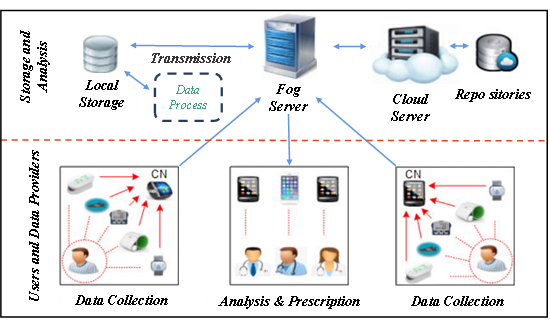Data Transmission Security and Legal Regulation in Clinical Application of Human Gene Editing from Perspective of Big Data
DOI:
https://doi.org/10.17762/ijcnis.v15i4.6345Keywords:
Human Gene Editing, Data Transmission Security, Big Data, Legal RegulationAbstract
Gene editing, as an emerging biotechnology, has enormous potential for application but also brings various risks. Considering the current development status of gene editing technology, the criminal regulation of gene editing is based on the theory of risk criminal law. Ethical safety should be protected as a legal interest, and specific criminalization standards should be used to distinguish gene editing for therapeutic purposes, human embryo gene editing, and other types of gene editing behavior. In view of the many problems currently existing in gene editing legislation, at the legislative level, it is necessary to balance the expansion of legal provisions brought about by risk criminal law theory and the exoneration brought about by allowed risk theory, with administrative legal norms in place, and the criminal law should exercise restraint on emerging technologies; At the judicial level, by referring to the understanding of judicial interpretations of similar crimes, corrections can be made to the elements of criminal composition, serious circumstances, and deficiencies in unit crimes.
Downloads
Published
How to Cite
Issue
Section
License
Copyright (c) 2024 International Journal of Communication Networks and Information Security (IJCNIS)

This work is licensed under a Creative Commons Attribution-NonCommercial-ShareAlike 4.0 International License.




